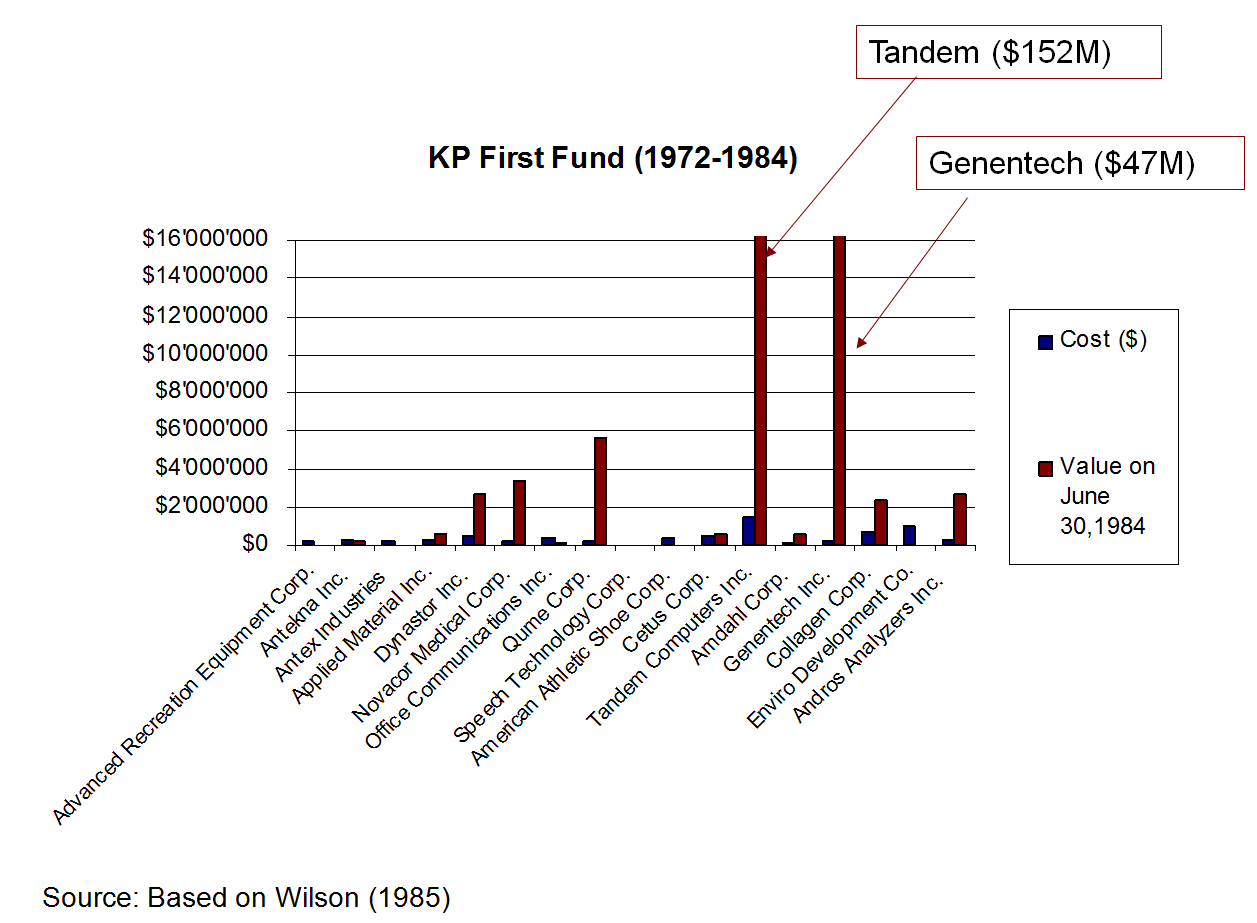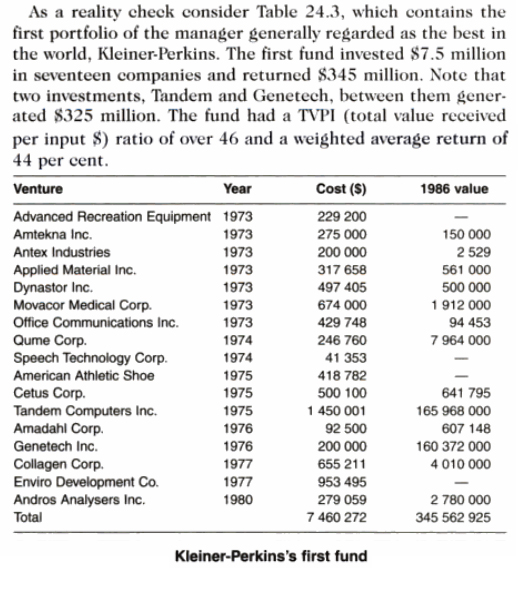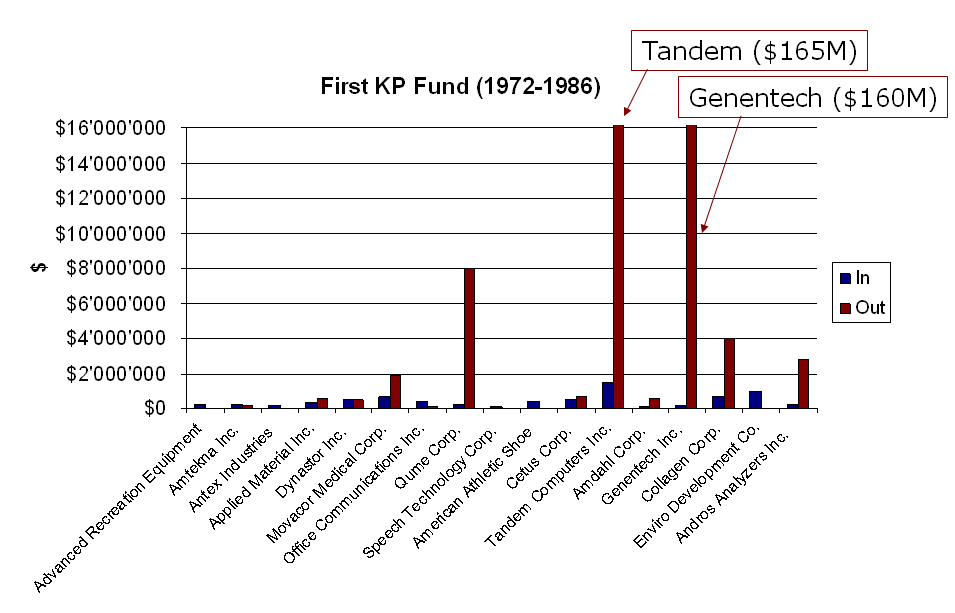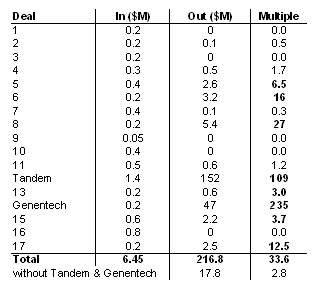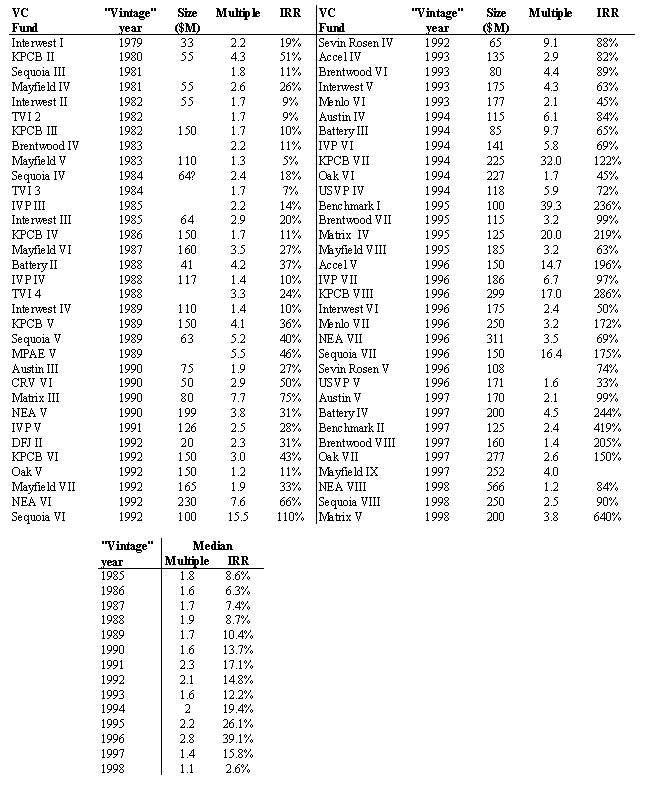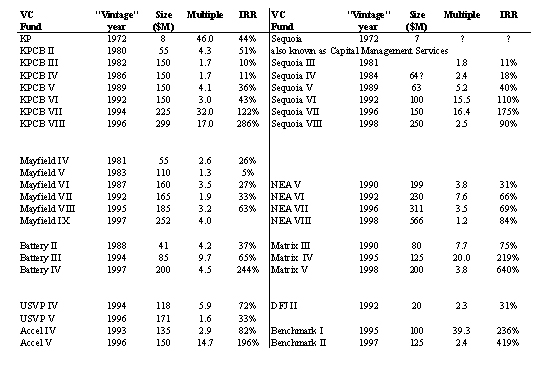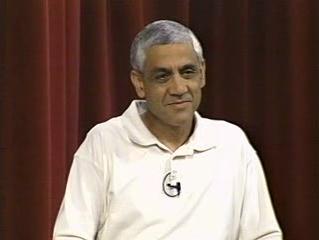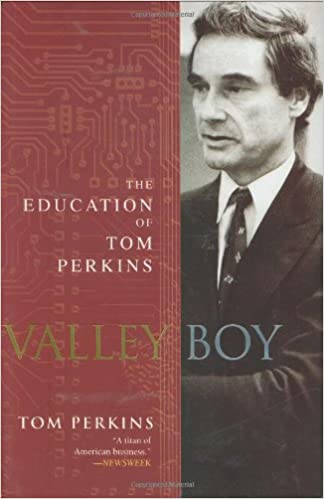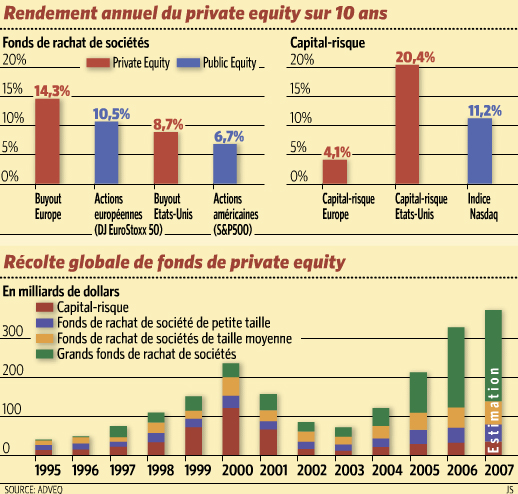An interesting post by Fred Wilson about when ask the founders to step back and entitled “The Human Piece of the Venture Equation“. I added my own comment which is obviously linked to my pet subject: passion in start-ups. Here is what I wrote.
I like this post very much so I’d like to add my own views. As a former student in SV and then as a former VC, I have seen many, many start-up and founders. My intuition is that in an ideal world, the founder should stay as CEO as long as possible. Let me make an analogy: a start-up is a baby; the founders are its parents. Except if the parents are totally incapable of educating a baby, they will hold responsibility for its education. Many “experts” will assist them (teachers, doctors and so on…). And obviously they will make rocky mistakes and sometimes it is deadly. It does not mean they should control the kid’s life forever. Hopefully not! (Though it sometimes happen too…) By the way, let me add also that two parents/founders are better for the kid (am I too conservative?).
So I fully agree with your “nothing can replace the entrepreneur’s passion and vision for the product and the company. If you rip that out of the company too early, you’ll lose your investment. I think it’s best to wait …”
I published “Start-Up” just before reading “Founders at Work” (which is a great book on the subject as you know). In mine, I tried to take a broader perspective as I am not sure the Internet and the Web2.0 have fundamentally changed things. Yes, you can do things quicker and less expensively but Hewlett and Packard were in their mid-twenties when they founded HP in 1939. So Gates, Jobs, Dell are not the first ones. It is not only about software and computing, there is something else. I think passion is more important than experience, but once again this is gut feeling and I agree that deeper studies may be needed. Passion is one of the subjects I have developed.
A final point: do you need to replace a CEO when he “the CEO’s job goes from managing the product, writing a little code, doing customer support, and raising money to managing people and teams, processes and priorities.” I am not fully sure about this. I do not disagree but as you say later, the CEO role is about defining the right vision and strategy. Can not you ask the COO and the other top-level managers to handle processes? When Logitech was in trouble, its founder, Daniel Borel, stepped back and the new CEO was a marketing guy from Apple if I am correct. He redefined the marketing/vision. The unique story of Steve Jobs have similarities (“Inside Steve’s Brain” is another piece of interesting reading).
It is hard to know about the Human Equation and there are many counter-intuitive elements. It is neither black nor white, you need passion and experience and by definition, they are very seldom found in the same individual. It is an argument for teams of two. Google has probably nicely succeeded with Eric Schmidt as there is no doubt the two founders are still critical to the company.


